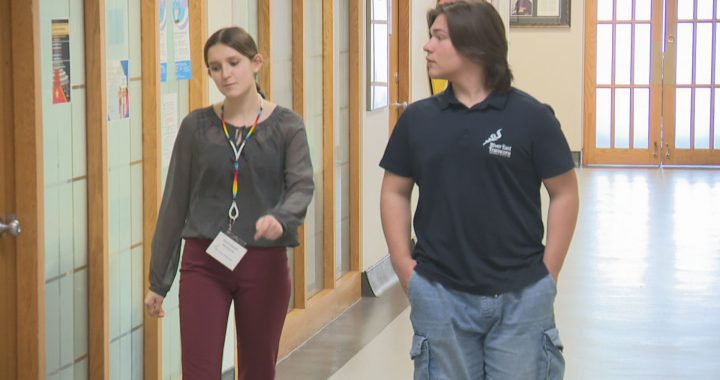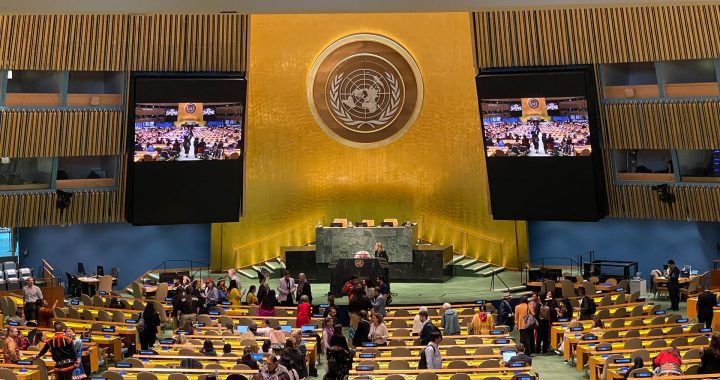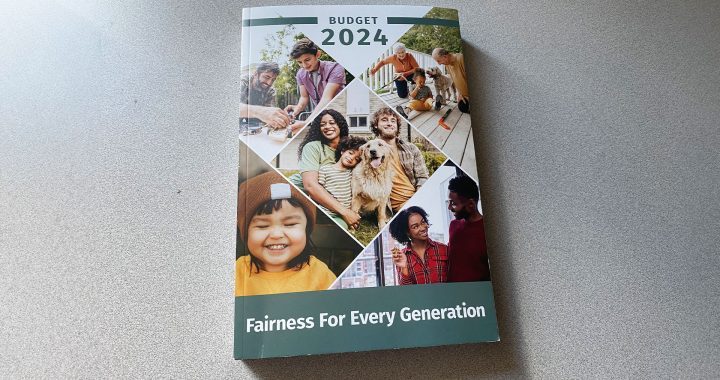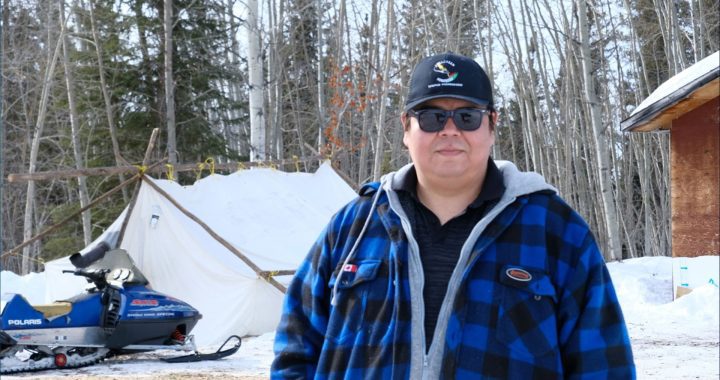APTN National News
It is being called “a major step forward” in the legal battle to win compensation for residential day school survivors.
Ottawa appointed a minister’s special representative Tuesday for what it says is the purpose of negotiating a settlement.
The move was applauded by bands that launched a class-action lawsuit on behalf of survivors who attended during the day but did not sleep overnight at the schools.
That is estimated to be 300 or more former students who were excluded from the original Indian Residential Schools Settlement Agreement of 2005.
That agreement financially compensated students that were taken from their families and forced to live at the schools across Canada from 1874 to 1996. Approximately 150,000 Aboriginal, Inuit and Métis children were forced to attend a recorded 130 schools.
The federal government issued a formal, public apology for the assimilation-type program and its abuses as part of the settlement. It included a $1.9 billion compensation package to benefit tens of thousands of former students.
At the time there were about 85,000 living survivors who were eligible for compensation for suffering serious physical and sexual abuse.
The day school suit was launched in 2012 by the Kamloops and Sechelt bands of British Columbia, and the Grand Council of the Crees of northern Quebec.
On Wednesday the chiefs applauded the appointment of Thomas Isaac as the ministerial special representative by Indigenous Affairs Minister Carolyn Bennett.
Isaac is a partner with Cassels Brock of Vancouver, with extensive experience as a minister’s special representative.
“When this government was elected, it was with a mandate of resolution of the outstanding issues from the Indian residential schools,” Chief Calvin Craigan said in a release.
“We hope that the appointment of Mr. Isaacs is a sign of Canada’s commitment to achieving that resolution, and that he will honour the spirit of Canada’s goal of reconciliation.”
Along with individual compensation, the lawsuit seeks “declarations” regarding Canada’s role in the failure to protect Aboriginal language and culture, and further compensation for the children of survivors and their bands.
Any settlement will have to be approved by federal court judge Sean Harrington, the release says.
So far, 94 separate bands have come forward to be included in the lawsuit representing every province where a residential school was located.









